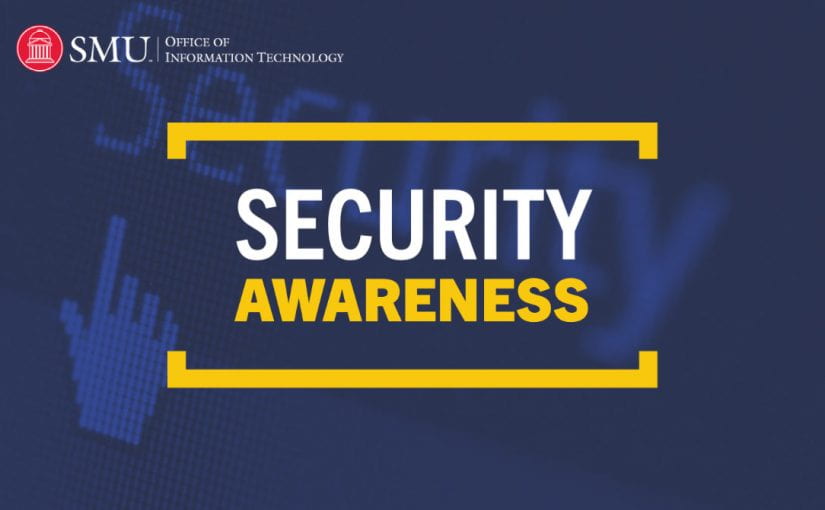This post originally appeared in the Summer 2021 OIT Security Report.
Telecom companies are moving closer to shutting down their 3G wireless networks, and this shutdown is creating some unforeseen consequences when it comes to safety and security. Most news sources have focused on cell phone users being forced to upgrade their phones, but another service, the home security alarm, will also need to be addressed by customers, as well as medical devices like pacemakers monitors.
Many security alarm companies have switched over the years from having a landline to using a 3G cellular connection. However, once the 3G antennas are turned off, home alarm systems that use a 3G cell transmitter will no longer be able to reach their monitoring services. The impacts to this issue aren’t limited to just break-ins and thefts. Smoke alarms and Personal Emergency Response Systems (PERS) devices (remember “I’ve fallen and I can’t get up?”) also use these transmitters, which could have disastrous effects during emergencies if they aren’t upgraded.
While some companies like CellBounce are creating devices that convert a 3G alarm to a4G alarm, these are not compatible with Verizon or PERS devices. And even at max production they can only address 10% of just the AT&T devices in the US. A more realistic fix will require more time to convert the 3G radio units.
The Alarm Industry Communications Committee (AICC) has reported that over 6 million home alarm systems, which are heavily dependent on 3G networks for communication to monitoring services, are at risk of becoming obsolete in 2022. Both Verizon and T-Mobile have already extended their shutdown dates to December 31, 2022, due in large part to the impact of COVID-19 and the global computer chip shortage. Unfortunately, AT&T has refused to extend its deadline of February 22, 2022, and Sprint CDMA service is retiring January 1, 2022.
If your security alarm provider, medical device manufacturer, or even older automobiles with built in emergency SOS features, has not already contacted you, we recommend reaching out to them to ensure the loss of 3G capabilities will not impact your service and to learn whether you need to upgrade.



